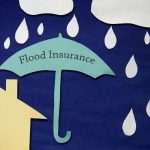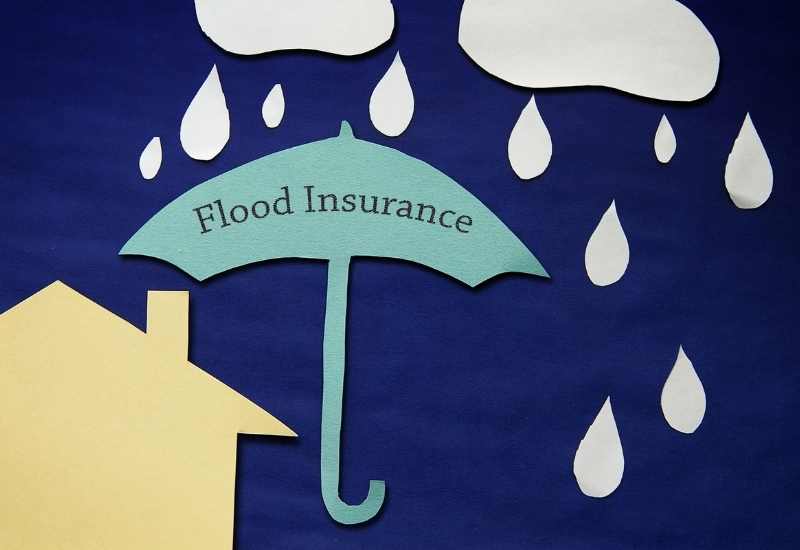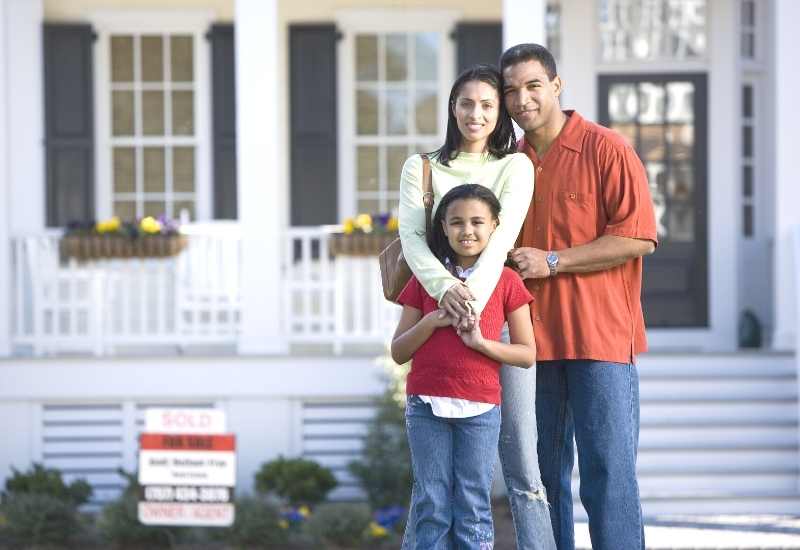Our Blog
- Home
- -
- Our Blog
Recent Posts
-

-

4 Myths About Flood Insurance October 19, 2022
-

Top 4 FAQs: Homeowner’s Insurance and Natural Disasters October 13, 2022
-

Understanding the Value of Flood Insurance Coverage October 9, 2022
-

Everything You Need to Know About Renter’s Insurance September 20, 2022
-

What Types of Business Insurance are Available to Small Business Owners? September 14, 2022
-

What Isn’t Covered by My Homeowner’s Insurance Policy? September 9, 2022
-

What Should I Do If I Get into a Car Accident? August 19, 2022
-

How to Choose the Best Home Insurance Deductible August 17, 2022
-

Motorcycle Insurance: How to Compare Quotes August 10, 2022
Connect with us! Submit your details for a complimentary Quote, and a licensed agent will reach out to you.
Try it risk free - We don’t charge cancellation fees










